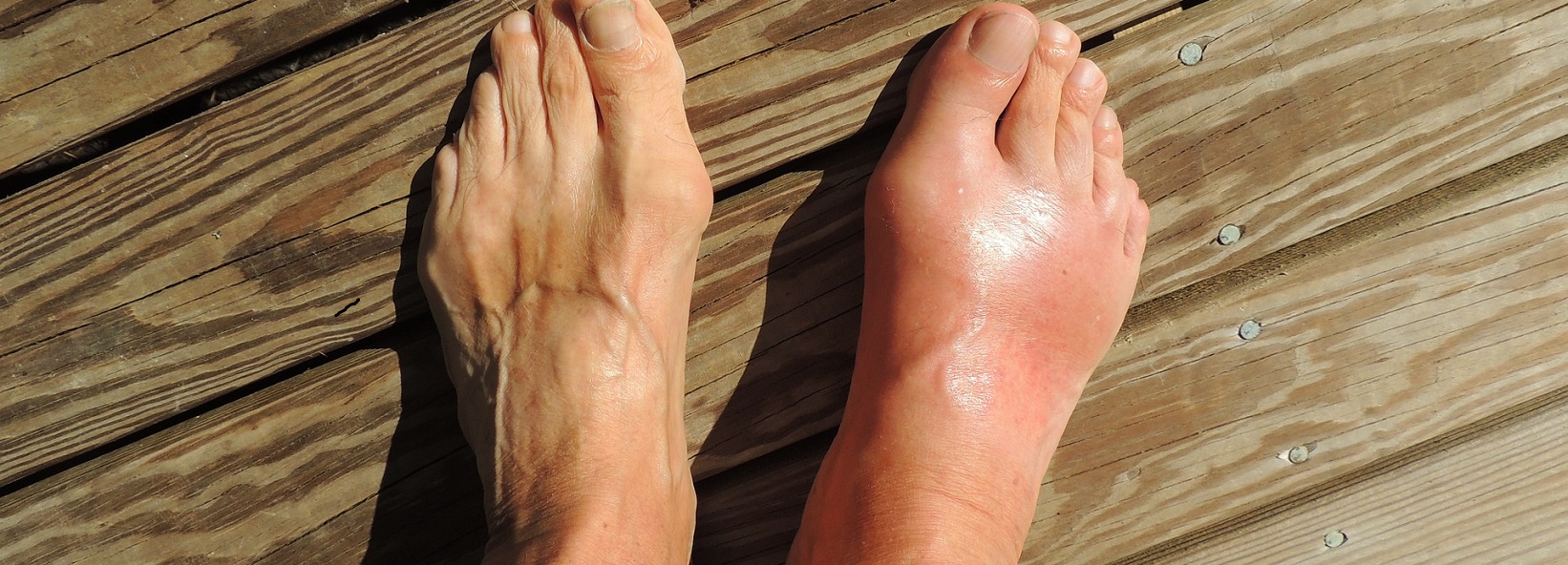Gout Stop
Mahitahi Hauora’s enrolled population has a high prevalence of gout, and it is particularly high among Māori and Pasifika people.
Māori are genetically predisposed to gout, but often do not get the care they need due to access barriers and stigma associated with a misperception that it is caused by poor diet and excessive drinking.
Gout is a painful, life-long condition and if left untreated it can affect patients’ quality of life. Hospitalisation rates are high, and there is significant correlation between uncontrolled gout, diabetes and cardiovascular disease.
Mahitahi Hauora provides the Gout Stop Programme, which supports general practices and pharmacies to treat and manage gout. The programme builds on and improves the original Gout Stop pathway for patients who suffer two acute flares of gout within 12 months, tackles the stigma around gout, and uses a registered nurse to coordinate patient care and enhance patient experiences.
In this radio interview Mahitahi Hauora Clinical Director Dr Sue Ward talks about how Tai Tokerau is the gout capital of New Zealand, and how it affects Māori.
Gout Stop: Referrals, Roles, and Claiming
In this video, Mahitahi Hauora Clinical Director Dr Sue Ward introduces clinicians to Gout Stop.
The video covers early and advanced gout, burden of disease in Northland, and why Māori and Pasifika people are disproportionately affected. It also describes how the Gout Stop programme works from a general practice perspective, including referral and patient journey, Gout Stop blood panel, the role of the Mahitahi Hauora Gout Stop nurse, Gout Stop funding streams for general practices, how to claim funding, and setting up codes in your PMS.
More information
For more information about the Gout Stop project, please visit the Gout page in our Resource Library or contact our project team.
-

Cristina Ross
Project Lead
-

Ilamoana Llewell
Project Support
-

Dr Sue Ward
Clinical Lead
-

Theresa Chapman
Gout Nurse Lead
Gout resources
Check out our Resource Library for links and downloads covering information on gout for patients and health professionals.
